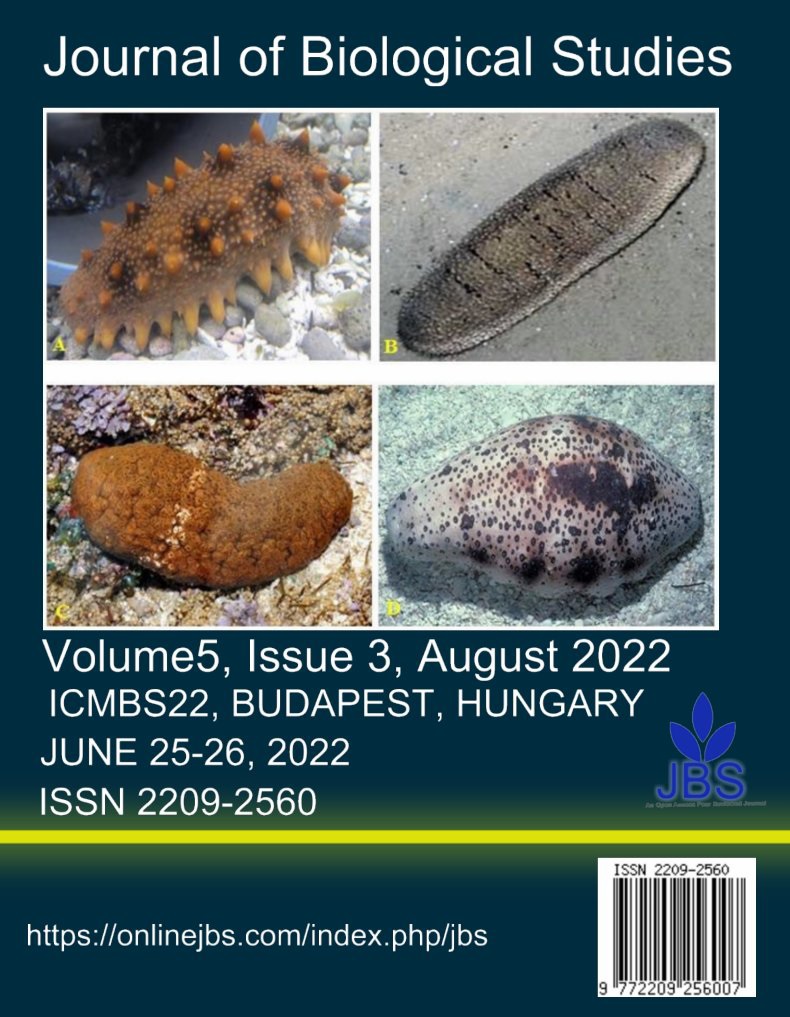The effects of berberine hydrochloride on the bone quality in methamphetamine-addicted rats after 3 weeks of withdrawal
Main Article Content
Abstract
Animal studies have shown that berberine hydrochloride reduces osteoporosis and has anti-inflammatory effects. The aim of this study was to evaluate the therapeutic effect of berberine hydrochloride on the quality of new bone and the severity of bone inflammation in methamphetamine-addicted rats after 3 weeks of withdrawal. A total of 21 male Wistar rats were divided into 2 groups: control (n = 7), methamphetamine (n = 7), and methamphetamine + berberine groups (n = 7). The 2 addicted groups received water-soluble methamphetamine up to 12 mg/kg for 2 weeks. Subsequently, they were abstinent for 3 weeks. Only 1 group received 100 mg/ kg/ day of berberine. After 3 weeks, the mandibular bone of rats was removed for histopathological evaluation of the severity of inflammation and the quality of new bone via hematoxylin and eosin (H&E) staining. Data were analyzed using Shapiro-Wilk and Mann-Whitney U tests. The software used was SPSS version 24, and the significance level was 0.05. The new bone formation was more mature in the methamphetamine + berberine group than in the methamphetamine group (P < 0.05). The bone inflammation was more severe in the methamphetamine group than in the methamphetamine + berberine group (P < 0.05). Because of the beneficial effects of berberine on the mandibular jaw, it can reduce the oral side effects of methamphetamine addiction.
Article Details

This work is licensed under a Creative Commons Attribution 4.0 International License.
